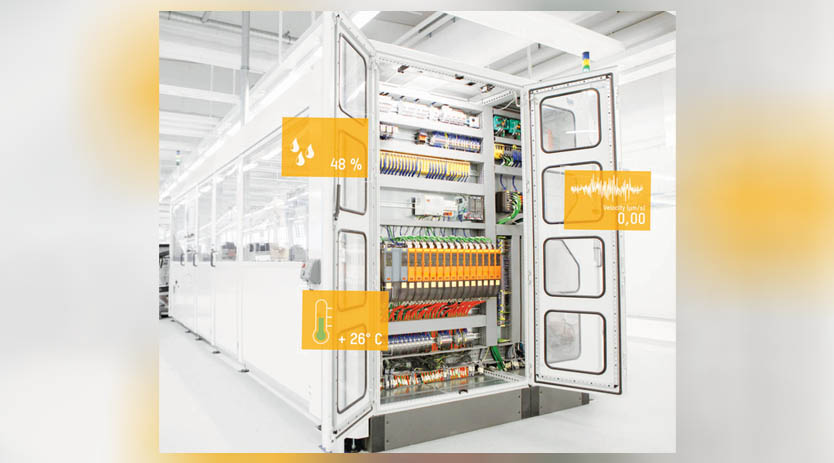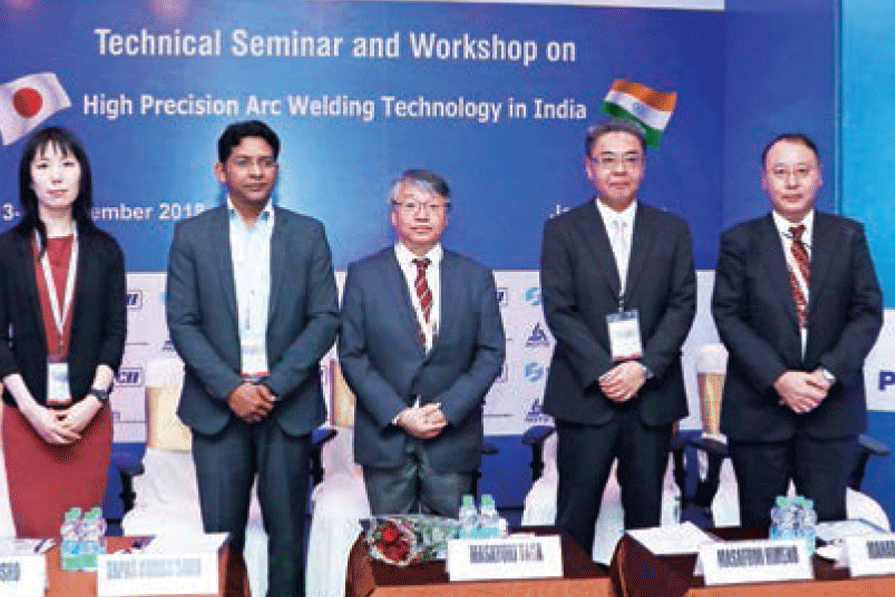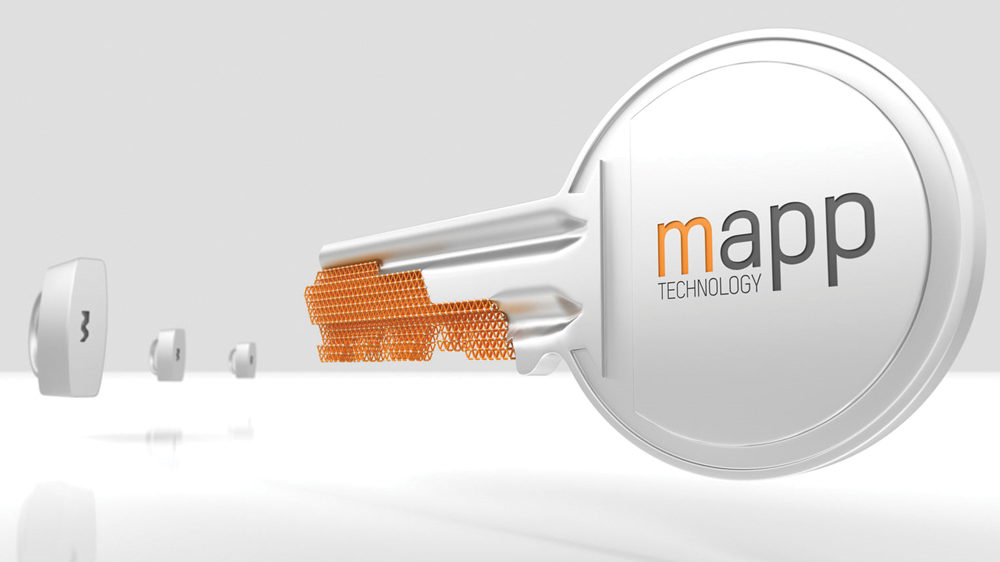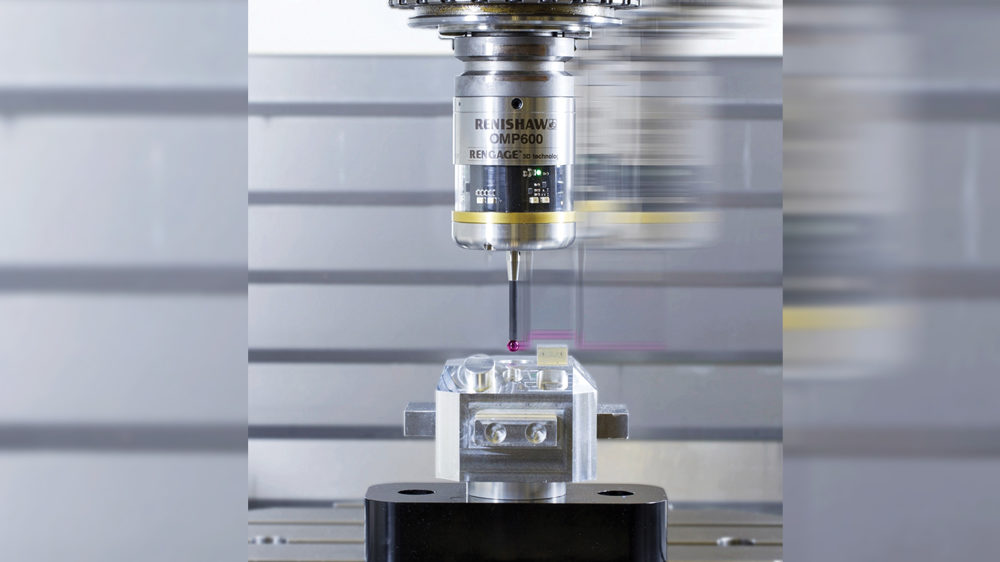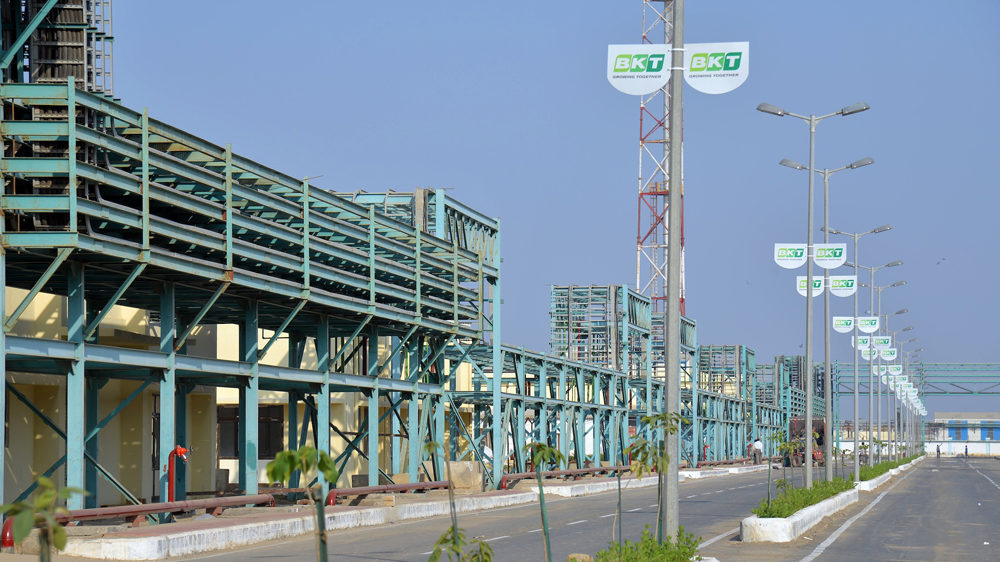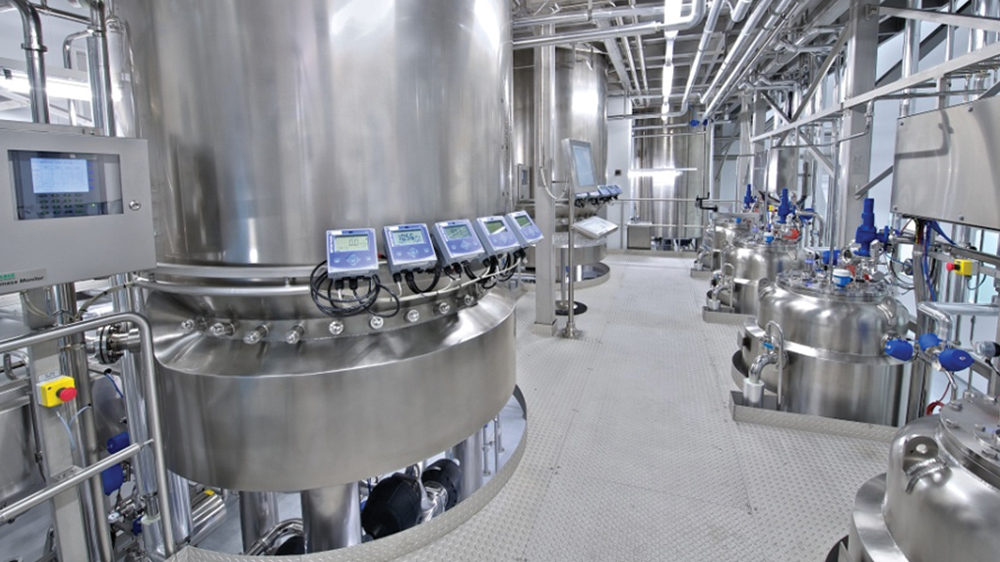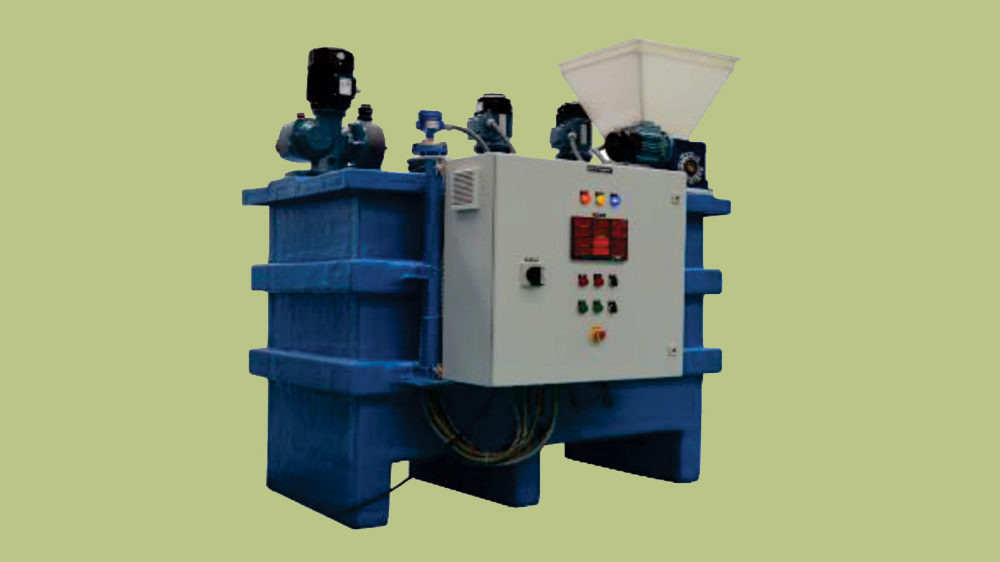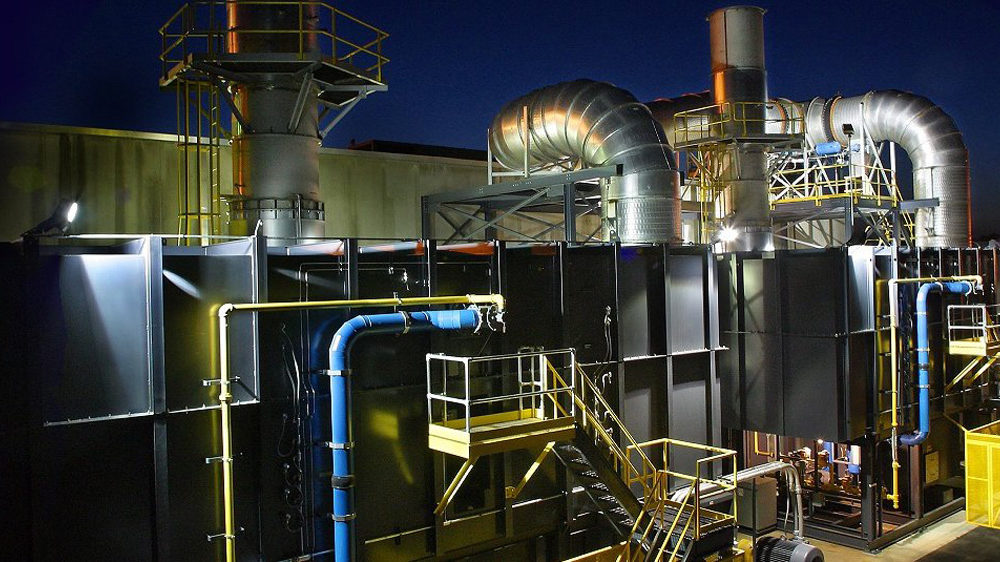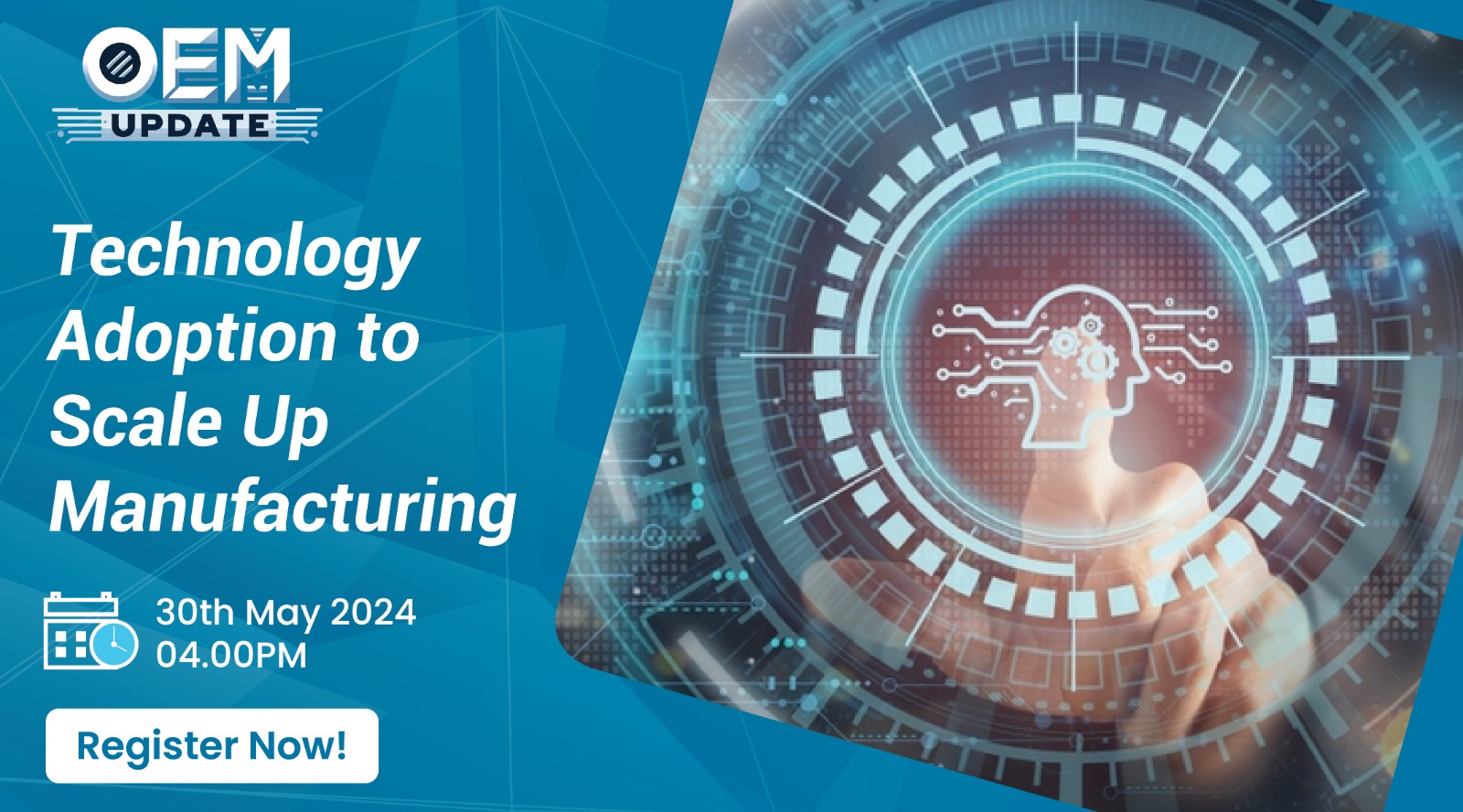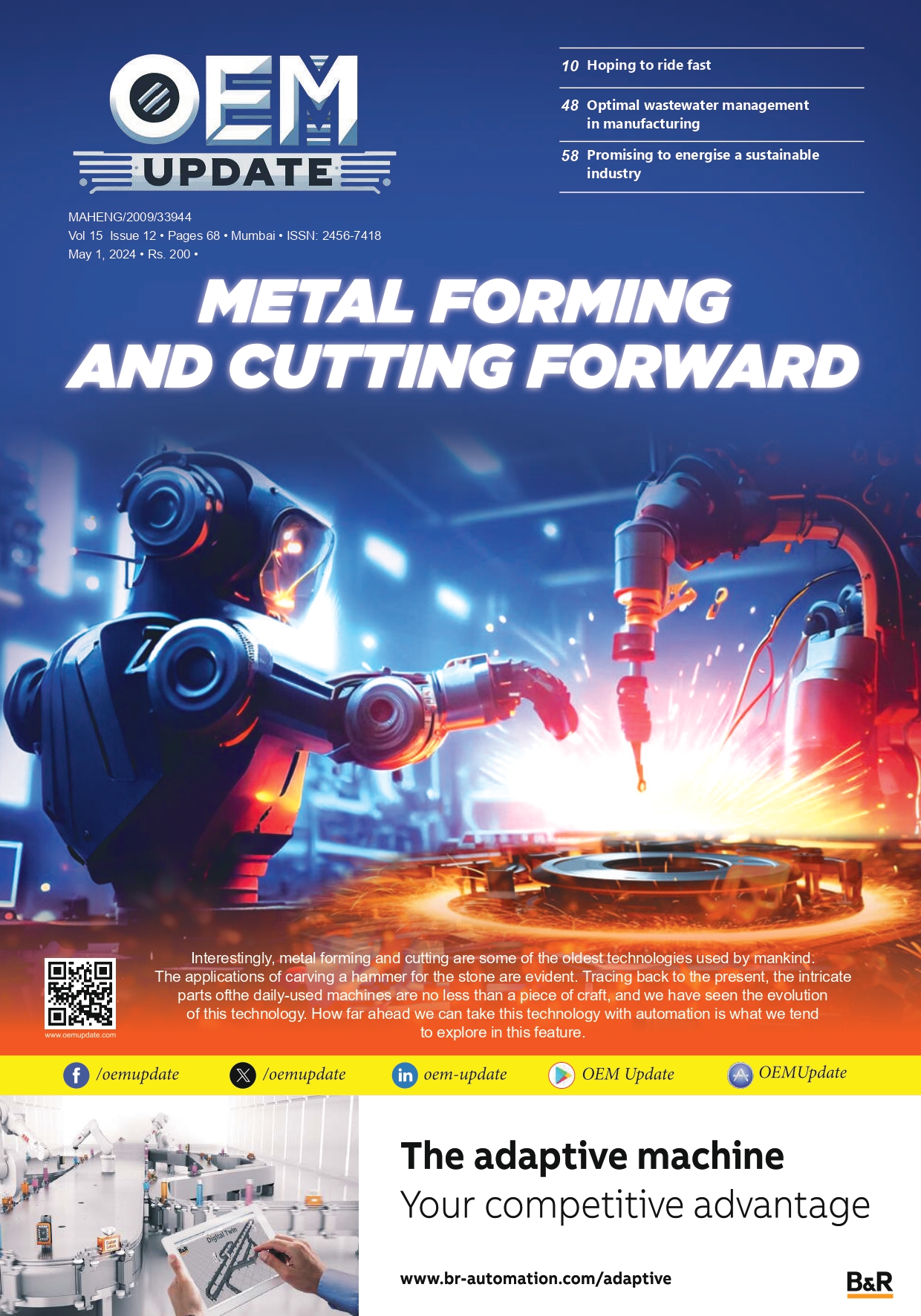Accelerate business transformation with digitisation
June 29, 2017 6:20 pm
Smart or digital manufacturing is not about replacing people, but empowering them to focus on more complex tasks with the machines assisting in performing the mundane work.
Sangram Kadam, AVP and Head – Oracle and Manufacturing IBU (India and South Asia), KPIT Technologies
KPIT is a global technology company specialises in providing IT consulting and product engineering solutions and services to automotive, manufacturing, energy and utilities, and life sciences companies. Sangram Kadam, AVP and Head – Oracle and Manufacturing IBU (India and South Asia), KPIT Technologies explains why industry should embrace digital transformation.
Tangible benefits of digital transformation
In the recent years, the nexus of newer technologies such as IoT (Internet of Things), cloud, analytics, mobility and social has emerged as a key driver for digitalisation in the manufacturing space. It is enabling entities to transform from historically slow adopters of technology to smart factories or factories of the future.
Digitalisation drives cost advantages, enhanced customer experience, reduced time-to-market, and improved productivity for almost every phase of product lifecycle including R&D, supply chain management, marketing, sales, and customer service among others. It helps organisations to experiment and focus on the core area of the business, while partners like KPIT provide the technological know-how. Digital technologies enable plants to track every asset on the shopfloor as well the goods in transit on a real-time basis using embedded sensors. The resulting data is collected and used for diagnostics, preventive maintenance, asset maintenance, customer usage pattern study, consumable management, and workflow management.
In the foreseeable future, some of the emerging digital technologies such as virtual reality (VR), augmented reality (AR), artificial intelligence (AI), robotics, human-machine interaction (HDI), machine-to-machine (M2M), 3D printing and additive manufacturing will give impetus to product innovation.
Digitalisation is no longer a requirement of the CIO alone. It is fast becoming a CEO-driven function that assists in improved business decision-making using real-time data analytics capability. While digitalisation drives the business strategy and processes, it is pertinent to understand its impact on one of the most significant pieces of the organisation–its people. Smart or digital manufacturing is not about replacing people, but empowering them to focus on more complex tasks with the machines assisting in performing the mundane work.
India’s opportunity to leapfrog
The Indian manufacturing sector has leapfrogged straight to the Industry 4.0 era, which focuses on the end-to-end digitisation of all physical assets and their integration into digital ecosystems. Businesses are adopting digital technologies faster as they have made minimal or almost no legacy investments.
Almost two-third of Indian manufacturing firms expects to use digital technologies by 2020, according to a report by global consulting firm PricewaterhouseCoopers (PwC).
Today progressive manufacturers recognise that digitalisation is no longer an option but a necessity to achieve efficiency and profitability. They are deploying advanced technologies such as sensors or connectivity devices, software applications, big data, analytics, cloud, 3D printing to build ‘smart factories’ that drive process improvements in areas such as supply chain, transportation, communication, housing, energy, and production. Furthermore, manufacturers are also using customer data from connected products—which are IoT enabled— to anticipate the future demand, maintenance needs and design preferences. KPIT, for example, has designed KwikPick, an augmented-reality, hands-free warehouse picking solution with a wearable glass that guides picker in real time about the location of the item on a shelf, automatically scans bar codes, etc. The company also has its own intelligent transport system platform which helps manufacturers to optimise logistics and supply chain.
The industry is yet to harness all the advantages of digital transformation. Manufacturing companies must derive clear vision on the digital strategy from the leadership, build skills in data analytics and overcome operational disruption from cyber security breaches among others.
A myriad of products and solutions for smart factories
KPIT brings a myriad of products and solutions for smart factories which are easy to use in noisy, busy and always-on environments. Based on industrial IoT, they provide visibility on the reliability of assets, optimise supply chain, and enhance customer and employee experience. Some of the supply chain optimisation solutions include a supplier portal, KPIT warehouse management system, KWM, AR-based warehouse picking solution, KwikPick, intelligence mining tool, Akoya, mobile field service solution, K-Fieldserve, mobile proof of delivery service, ePoD and intelligent transport system, ITS and many more .
To enrich the customer experience, KPIT has a social media analytics platform called K-SNAP, and Webstore and Smart
Enterprise solutions for enhancing e-commerce and employee experience.
The company also uses M2M combined with data science and its diagnostics capability for predictive maintenance. Moreover, to make innovative solutions for the aging workforce as well as making factories safer for workers, KPIT has integrated several wearable components with its IoT stack to allow hands-free picking and guided repairs.
Embracing digitisation
KPIT implemented its Smart Enterprise solution, at a global level, to digitally transform processes within the organisation. It encompasses deploying of solutions that make KPIT’s campus, workforce, business applications and infrastructure smarter.
The enterprise system has enabled setting Wi-Fi location-aware campuses for improved employee experience along with KPIT video gallery and integrated one-touch approval systems on the social platform, etc. for better communication and collaboration. While, to improve people productivity and ‘in-the-moment’ effectiveness, the company has implemented a set of ‘Sense and Respond’ systems.
KPIT also implemented systems of engagement that allows employees to collaborate through the mobile or responsive UI (user interface) applications around the traditional systems of records such as ERP (enterprise resource planning), CRM (customer relationship management), etc.
To support cloud-native applications and build highly scalable, resilient and self-service infrastructure, the company has also transformed its infrastructure into software-defined everything including integrated software defined compute, network, storage, and security.
For KPIT, another focus area was to make its application development processes agile. With continuous integration and delivery methodology, the company has implemented the eKPIT digital platform and also developed the DevOps culture in the team for iterative application development.
Now, KPIT is also working with manufacturing companies to deploy these solutions to help them accelerate business transformation, and achieve the vision to become digital-first enterprises.
Cookie Consent
We use cookies to personalize your experience. By continuing to visit this website you agree to our Terms & Conditions, Privacy Policy and Cookie Policy.



